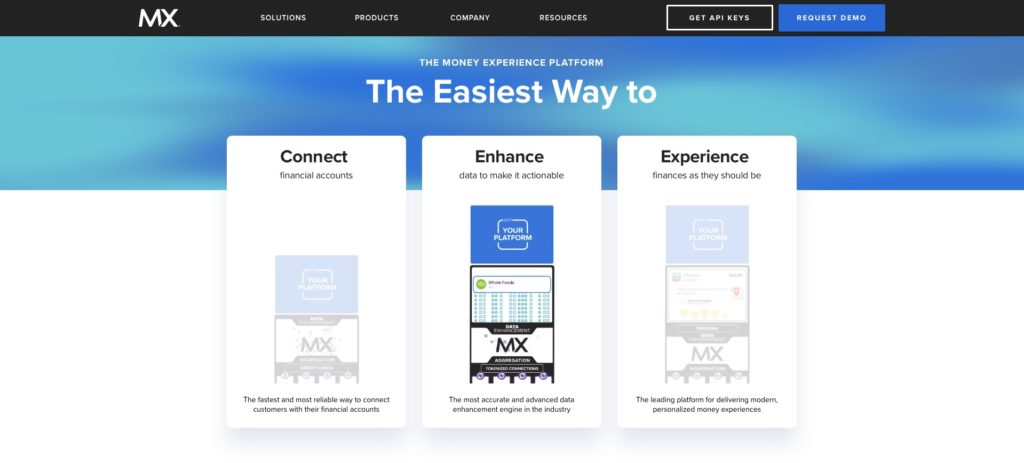
Now more small businesses can get in on the Buy Now Pay Later game just like retail consumers.
Courtesy of a new $100 million debt facility, small business financing company Behalf will be able to make its In-Purchase Financing offering available to a broader range of B2B merchants and their small business customers. In-Purchase Financing gives B2B merchants the same sort of Buy Now Pay Later benefits that retail consumers enjoy, and includes a range of features designed especially to meet the needs of B2B commerce. The facility was provided by funds managed by Ares Management Corporation.
Behalf also announced $19 million in new venture financing led by MissionOG, Viola Growth, Viola Credit, and Vintage Investment Partners. Migdal Insurance and La Maison Partners also participated in the round. Behalf’s total funding now stands at more than $250 million.
Describing the B2B e-commerce market as more than ready for transformation, Behalf CEO Rob Rosenblatt said that in-purchase financing gives merchants the opportunity to source new revenues. The offering also gives small and medium-sized businesses access to an affordable financing alternative.
“Even as the U.S. economy is improving, SMBs continue to seek financial assistance to purchase critical supplies, inventory and equipment,” Rosenblatt explained. “Oftentimes they lack the requisite spend capacity on their personal or business credit cards. By offering In-Purchase Financing with flexible terms, B2B merchants can increase average order size by as much as 50-80 percent while reducing their risk, improving cash flow and driving operational efficiencies,” he said.
Among the features included in Behalf’s In-Purchase Financing solution are:
- Seamless checkout to improve CX and customer loyalty
- Easy integration with existing point-of-sale systems
- Advanced underwriting and scoring models to handle the complexity and risk of SME lending
The solution scales to enable merchants to serve a range of business customers, from small to large, and supports financing for transactions of “significantly greater” average order value relative to consumer financing options.
“We think there is a great market opportunity for a B2B offering targeting the more complex, real-time financing needs of SMBs,” Ares Credit Group Partner Jeffrey Kramer said. “We are excited to provide a debt facility that will help support the company to achieve its growth objectives.”
Founded in 2011, Behalf made its Finovate debut at FinovateFall three years later. Since then, the company has enabled its B2B merchant partners to achieve an 83% increase in Average Order Value (AOV), an 80% gain in purchase frequency, and 44% growth in sales revenue.
Photo by Igor Ovsyannykov from Pexels































